What Is Hypoglycemia?
Hypoglycemia is actually a condition characterized by abnormally low levels of sugar in the blood (blood glucose levels), and even people who do not have any health issues can experience it. However, people who suffer from type 1 or type 2 diabetes, or those with pre-diabetes, or those who are insulin resistant for other reasons, such as Polycystic Ovary Syndrome, are more likely to suffer from hypoglycemia. It is not excluded that some medications will cause hypoglycemia, too.
The reason why it is important that the level of sugar in the blood is always optimal is related to the fact that sugar, or glucose, is actually a kind of fuel that our body needs in order to work, but what is even more important is that it is absolutely necessary for the brain to function properly. And, while the human body stores a form of sugar in the liver, and is able to convert it into the real sugar if and when necessary, the brain does not have that ability, but it depends on the rest of the body, which means that the drop in the level of glucose in the blood may seriously affect brain functioning.
- precipitation of acute cerebrovascular disease,
- myocardial infarction,
- neurocognitive dysfunction,
- retinal cell death and
- loss of vision in addition to health-related quality of life issues pertaining to sleep, driving, employment, recreational activities involving exercise and travel.
Supplements For Hypoglycemia
Besides the fact that all those who suffer from hypoglycemia should eat several small meals a day rather than three large meals, they should avoid processed and fried foods, saturated fats, foods containing sugar and refined white flour. Food rich in fiber, both soluble and insoluble, is also highly recommended for people who get episodes of hypoglycemia because it is much more slowly absorbed and keeps a person full for a longer time.
Carbohydrates and proteins are also important, but supplements are something that can really help in stabilizing fluctuations of the sugar in the blood. The doctors and nutritionists will help in choosing the right supplements for hypoglycemia, so it is best to consult them, but here we will give a list of nutritional supplements that might be useful in cases of hypoglycemia.
- Glutathione is a supplement which is helpful in the process of converting glucose into energy.
- Pyrydoxine is a vitamin that may lead to glucose intolerance if the body lacks it.
- Vitamin B complex helps a body digest the food that produces low blood sugar, but it also affects the production of certain acid necessary for digestion. It is safe for almost anyone to take.
- Chromium is another useful supplement for people who have frequent bouts of hypoglycemia, because it helps glucose to get into the body's cells, and thus may lead to the increase of lean body mass.
- Potassium, zinc, magnesium, vitamins A, C, and D, manganese and calcium are also some of the supplements that should be used in cases of people who have hypoglycemia, because they are very beneficial. These vitamins and minerals will be found in most multivitamin supplements.
- I-carnitine and I-glutamine should not be excluded from this list, either.
It is crucial, meanwhile, to note that nutritional supplements can never replace a healthy and balanced diet. Whether you have diabetes or one of the other conditions that tend to induce episodes of dangerously low blood glucose levels, discuss your treatment approach with your doctor at length.


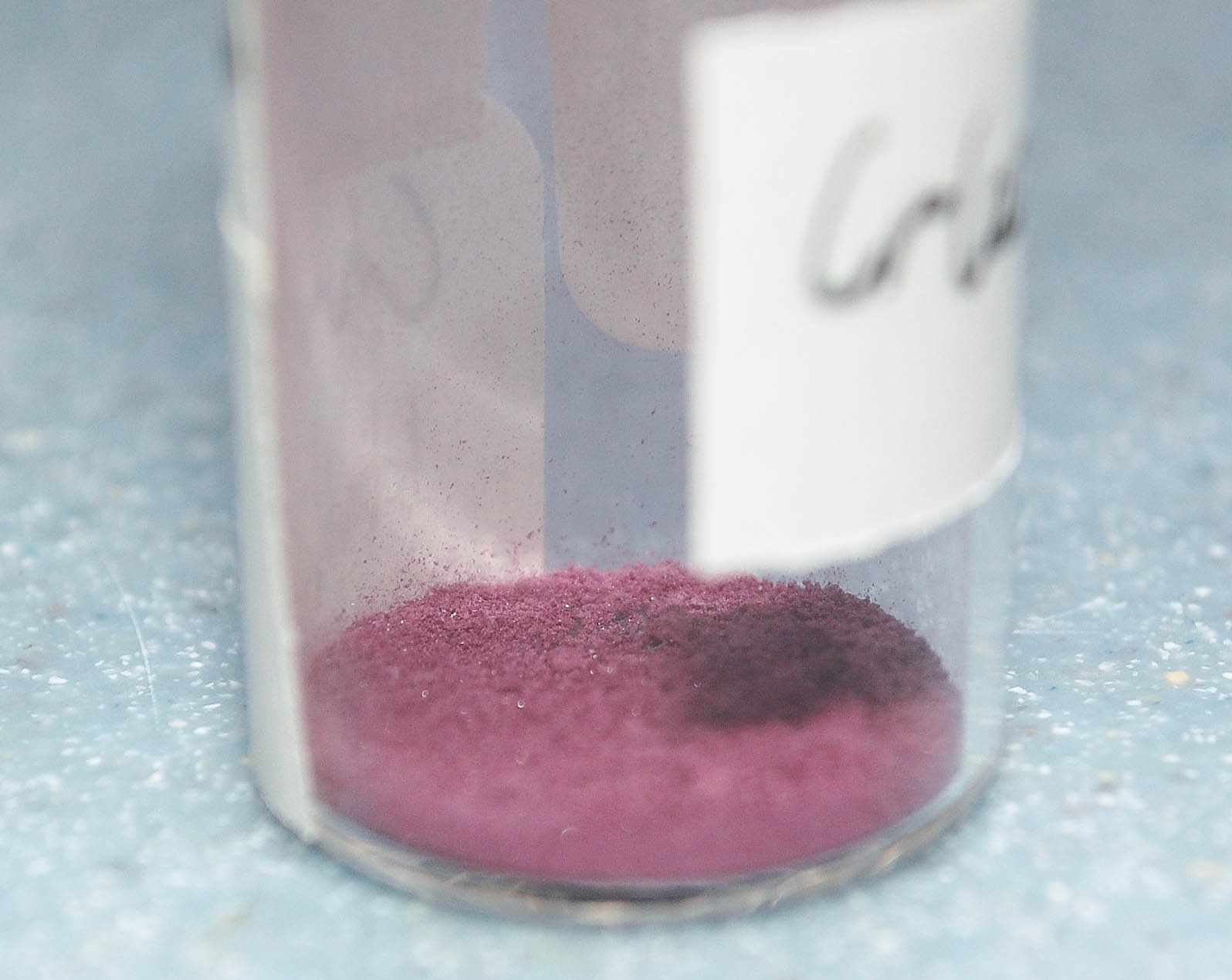
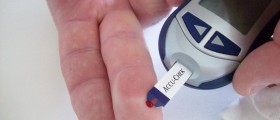
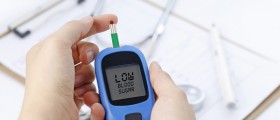

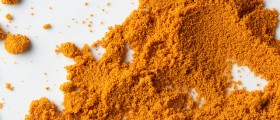









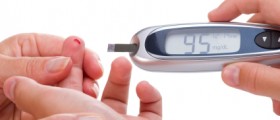

Your thoughts on this
Loading...